Top 15 FAQs on Legal Document Automation for Law Firms
Written by Knowledge Team, posted on Sep 25, 2024
In today’s fast-paced legal landscape, efficiency and accuracy are more important than ever. Legal document automation has emerged as a powerful solution, enabling law firms to streamline their processes while ensuring compliance and quality. However, with new technologies come questions and concerns about their impact on traditional practices.
This blog aims to address some of the most frequently asked questions about legal document automation tools and their impact on law firm efficiency. Whether you’re a small firm looking to enhance your productivity or a seasoned lawyer curious about the implications of automation, our comprehensive FAQ will provide valuable insights. We’ll explore how automation complements the role of legal professionals, enhances document quality, and integrates with existing tools, all while ensuring that your practice remains client-focused and compliant with the latest legal standards.
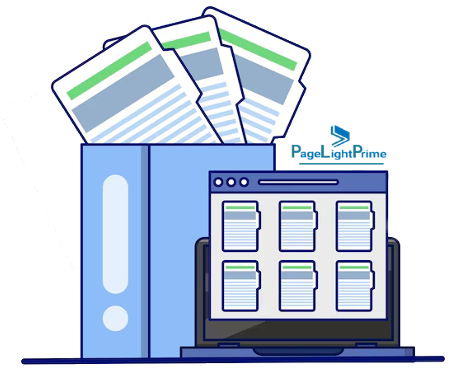
Join us as we demystify legal document automation, helping you understand its benefits, challenges, and practical applications in the modern legal environment.
Table of Contents
- Can Legal Document Automation Tools Replace the Need for a Lawyer?
- Will using legal document creation software compromise the quality of my documents?
- Is legal document automation software difficult to learn and use?
- Can small law firms afford document automation tools?
- Are cloud-based legal document automation tools secure?
- How customizable are the document templates in automation software?
- What if my law firm specializes in complex legal matters? Can automation handle that?
- How does document automation improve client service?
- Does document automation integrate with other tools my law firm is using?
- What happens if I need to edit a document after it’s been automated?
- How can document automation improve compliance with legal standards?
- Is it expensive to switch from traditional document drafting to automated systems?
- How does document automation affect the role of paralegals and legal assistants?
- Can document automation software keep up with changes in the law?
- How can I convince my team to adopt legal document automation technologies for improved efficiency?
1 Can Legal Document Automation Tools Replace the Need for a Lawyer?
No, document automation cannot replace the expertise and decision-making abilities of a lawyer. While legal document automation software helps with drafting and organizing legal documents, it still requires legal professionals to review and tailor those documents to meet specific legal needs. Automation is a tool that aids efficiency, but legal judgment and advice remain irreplaceable.

2 Will using legal document creation software compromise the quality of my documents?
No, legal document creation software typically enhances the quality of documents by using standardized templates and pre-approved language. These tools minimize human error and ensure that your documents are both legally sound and consistent. Additionally, many platforms allow for customization, meaning that you can tailor documents to meet the specific needs of each case while maintaining high standards.
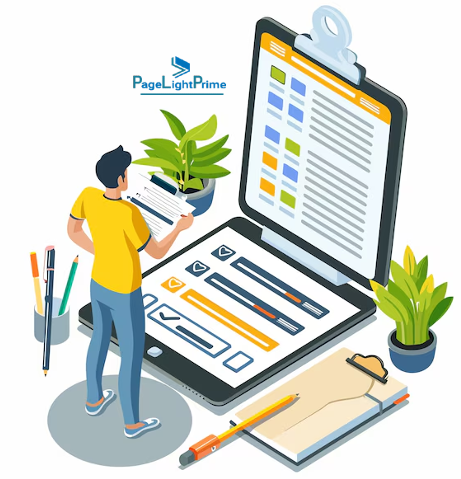
3 Is legal document automation software difficult to learn and use?
Most document creation software for law firms is designed with ease of use in mind, offering intuitive interfaces and user-friendly workflows. While there may be a short learning curve, many platforms offer tutorials, customer support, and training resources to help users get up to speed quickly. It’s important to choose software that aligns with your team’s technical proficiency to ensure smooth adoption.
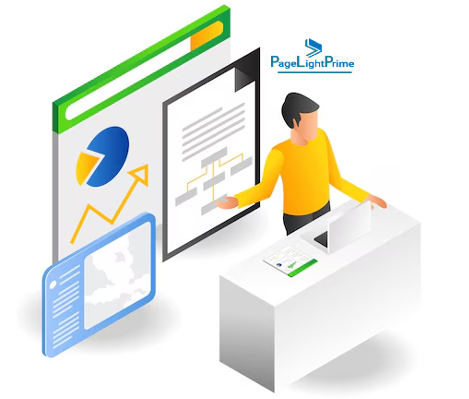
4 Can small law firms afford document automation tools?
Yes, many legal document automation tools offer pricing models tailored to small and medium-sized law firms. For example, solutions like PageLightPrime and Lawyaw provide affordable pricing structures without compromising on essential features. Smaller firms can also benefit from the cost efficiency of automation, as it reduces manual drafting time and improves overall productivity.
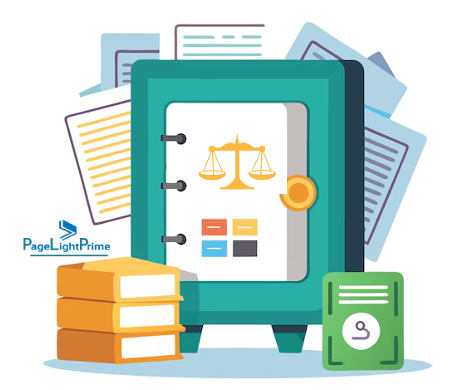
5 Are cloud-based legal document automation tools secure?
Yes, reputable cloud-based document automation providers prioritize security and often offer features like encryption, multi-factor authentication, and regular security updates to protect sensitive client information. However, it’s essential to choose a provider that complies with industry security standards and regulations, such as GDPR or HIPAA, depending on your jurisdiction.
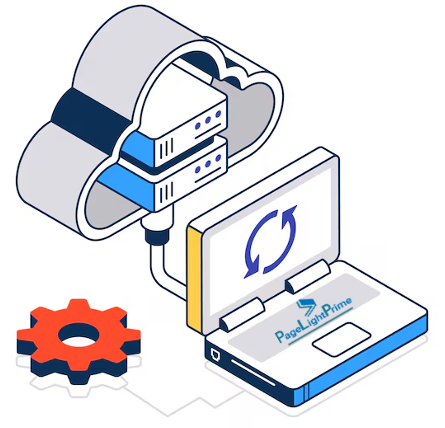
6 How customizable are the document templates in automation software?
Most legal document automation software allows for a high degree of customization. You can modify templates to suit your firm’s specific needs, including adjusting clauses, formatting, and adding firm-specific language. This flexibility ensures that while you benefit from automation, your documents remain personalized and accurate for your practice area.
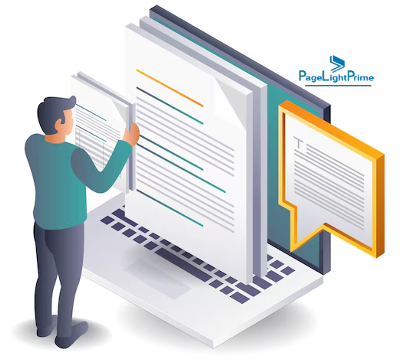
7 What if my law firm specializes in complex legal matters? Can automation handle that?
Yes, many document automation tools are designed to handle complex legal documents, such as intricate contracts, multi-page agreements, and highly customized forms. Advanced software offers features like conditional logic and dynamic fields, allowing you to create sophisticated documents while reducing manual input and the risk of errors.
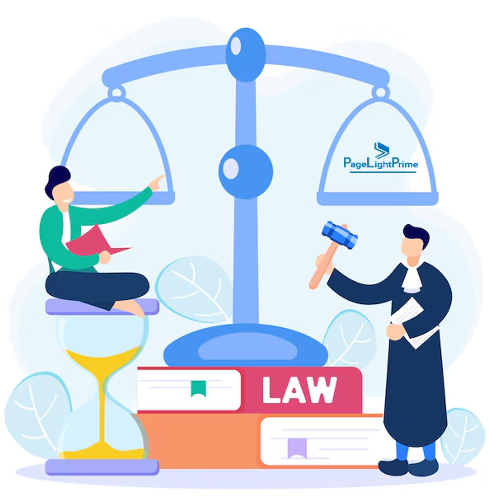
8 How does document automation improve client service?
By automating the repetitive aspects of document creation, lawyers can free up more time to focus on client interactions and strategic planning. Clients benefit from faster turnaround times on paperwork and more personalized attention from their legal counsel. Moreover, the increased accuracy and consistency provided by document automation helps ensure that clients receive high-quality, error-free documents.
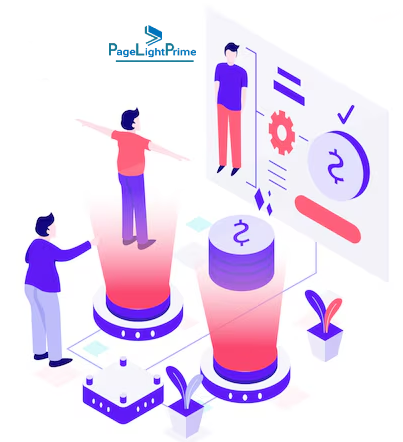
9 Does document automation integrate with other tools my law firm is using?
Many legal document automation tools offer seamless integrations with legal practice management systems, attorney billing software, and client communication platforms. This ensures that all aspects of your firm’s operations—case management, billing, and document creation—are interconnected, improving workflow efficiency. Before choosing software, ensure it integrates well with your firm’s existing tools.
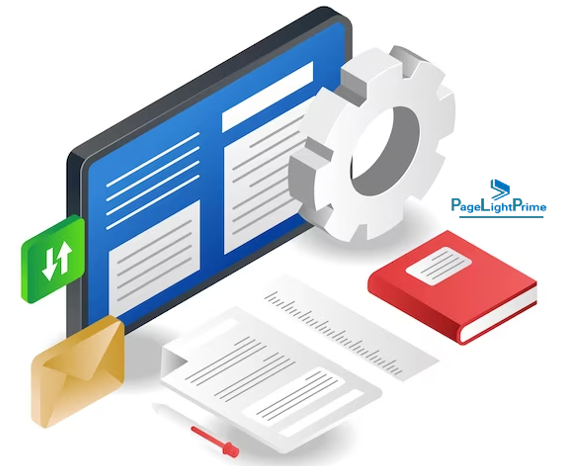
10 What happens if I need to edit a document after it’s been automated?
Most document automation platforms allow for easy editing after a document is generated. Some systems feature version control, which tracks changes and ensures that all team members have access to the most up-to-date document. This capability and legal document coauthoring ensures that lawyers can make case-specific adjustments even after automation.

11 How can document automation improve compliance with legal standards?
Legal document automation software often comes preloaded with templates that are compliant with relevant legal standards. By using these templates, your law firm ensures that all documents adhere to industry regulations and local laws. Additionally, automated software reduces the likelihood of human error, further ensuring compliance.

12 Is it expensive to switch from traditional document drafting to automated systems?
While there may be initial setup costs, document automation offers long-term savings by reducing the time spent on manual document drafting, lowering operational costs, and improving productivity. Many firms find that the initial investment is quickly offset by increased efficiency and cost savings over time. Plus, many providers offer flexible payment models to fit your firm’s budget.

13 How does document automation affect the role of paralegals and legal assistants
Document automation doesn’t replace paralegals or legal assistants; instead, it allows them to shift their focus from repetitive tasks to higher-value activities. Automation can handle routine document drafting, while legal assistants and paralegals can dedicate more time to client communication, research, and other critical tasks, thereby increasing the overall productivity of the firm.

14 Can document automation software keep up with changes in the law?
Most document automation tools are updated regularly to reflect changes in legal standards and regulations. However, it’s important for law firms to stay proactive in ensuring that templates and automated processes are aligned with the most current laws. Some software providers may also offer updates as part of their service to ensure compliance with new regulations.

15 How can I convince my team to adopt legal document automation technologies for improved efficiency?
To encourage team adoption of legal document automation software, focus on the time savings, cost efficiency, and improved workflow that legal document automation tools can offer. Highlight how automation reduces mundane tasks, allowing team members to focus on more strategic work. Additionally, choose software with an intuitive interface and provide adequate training to ease the transition.

